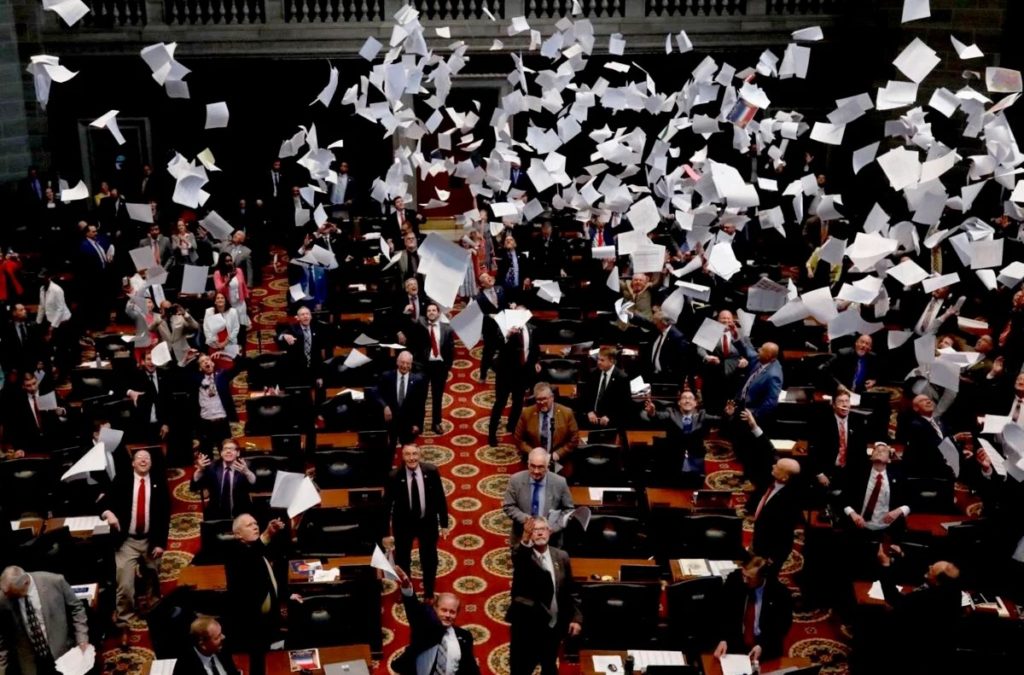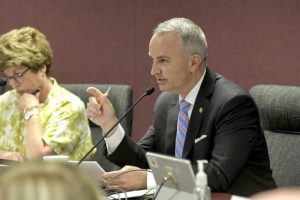Missouri legislative session ends with progress on education
New funding for charter schools, expanding access to virtual school, improving childhood literacy and increasing teacher pay are among a handful of education initiatives that the Missouri legislature…

New funding for charter schools, expanding access to virtual school, improving childhood literacy and increasing teacher pay are among a handful of education initiatives that the Missouri legislature moved across the finish line at the end of the 2022 session last week.
The two major education bills heading to Missouri Gov. Mike Parson’s desk are HB 1552 and SB 681.
HB 1552 would increase charter school funding by tens of millions of dollars in Kansas City and Saint Louis, while maintaining public school funding in those areas by a change in a key funding formula.
The bill also overhaul’s the state’s virtual school program, called the Missouri Course Access and Virtual School Program (MOCAP), making it easier for students to access virtual courses and harder for school administrators to prevent them from doing so.
Rep. Josh Hurlbert (R–Smithville) told The Lion that opening up virtual learning is a “big win” for school choice. He added, “It’s a big win for parents that want to get [their kids] into a virtual school.”
SB 681 is a bill with a number of education-related provisions tucked inside:
- School districts and charter schools must adopt a “community engagement policy based on community input” to ensure that parents are being heard at school board meetings.
- Students may earn a “Show Me Success Diploma” by the end of 10th grade and then be eligible to leave high school to enroll in a qualifying postsecondary educational institution, receiving 90% of the funds for their remaining public school education in an education savings account. “It’s early graduation for high school,” Rep. Hurlbert told the Lion.
- The “Get the Lead Out of School Drinking Water Act” requires schools to regularly test water for lead.
- School districts must notify parents and receive written permission before using corporal punishment.
- Schools will recognize the second week in April as “Holocaust Education Week,” and provide instruction accordingly.
- School districts must establish a state-approved gifted program if 3% or more of enrolled students are identified as gifted. There are some exceptions for small districts.
- Parents who own residential or agricultural property in any school district may send up to four of their children to a school within that district.
The state budget for the upcoming year also includes a raise in teacher base salary that school districts may opt into. In the first year, the state covers 70% of the cost, but districts are on the hook for the total cost in subsequent years.



